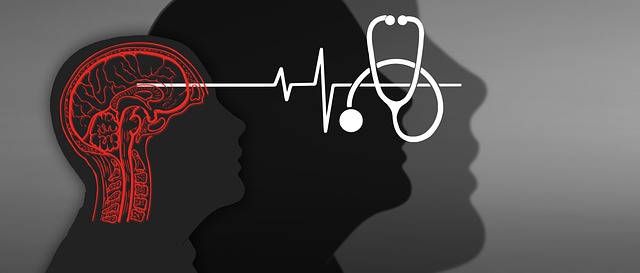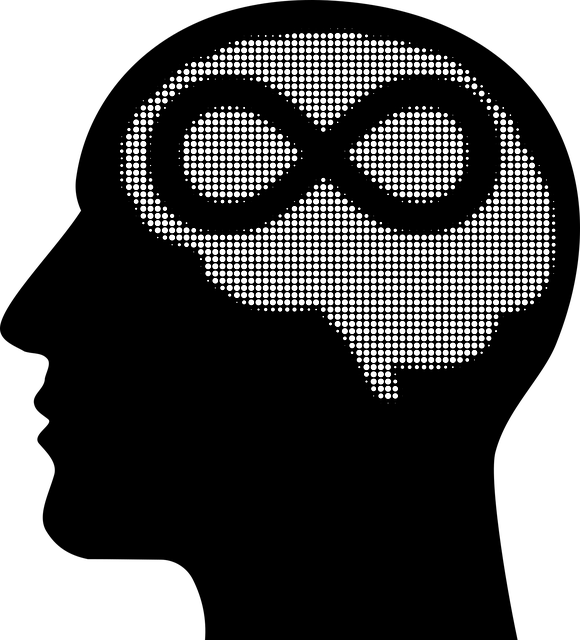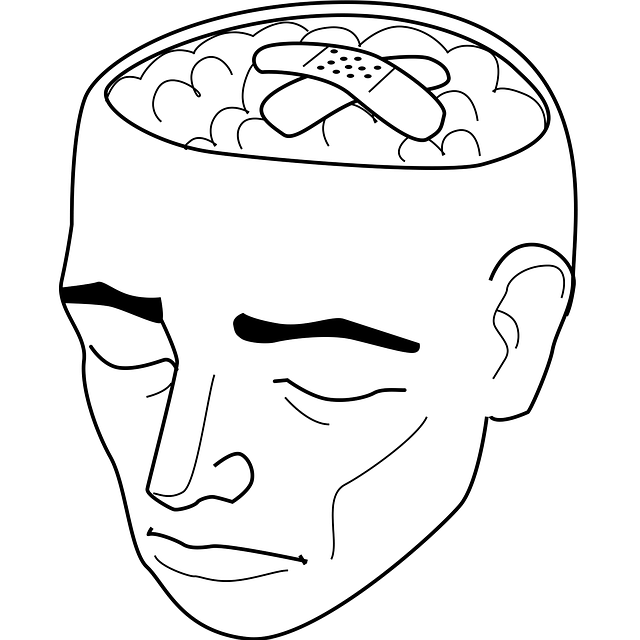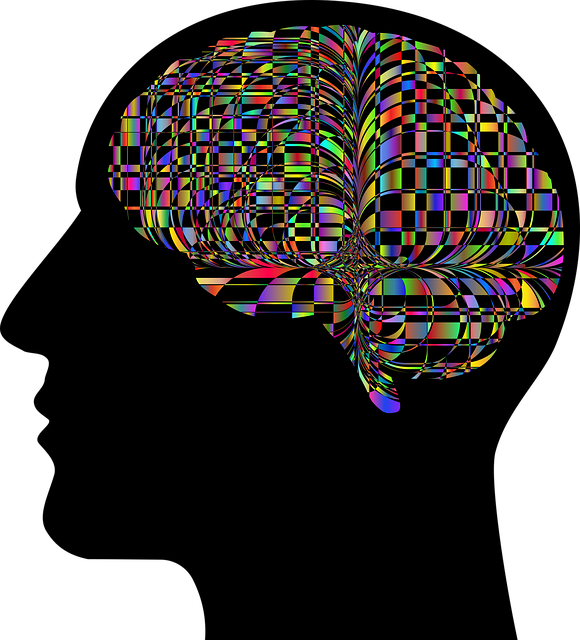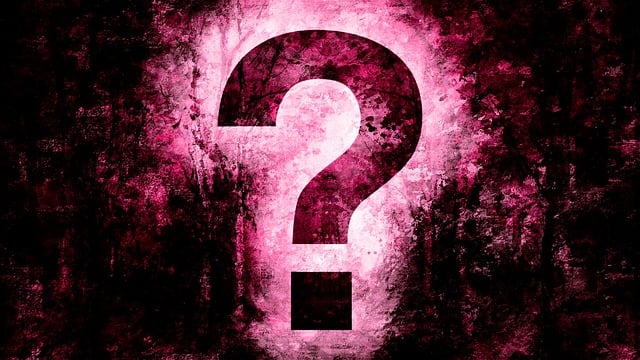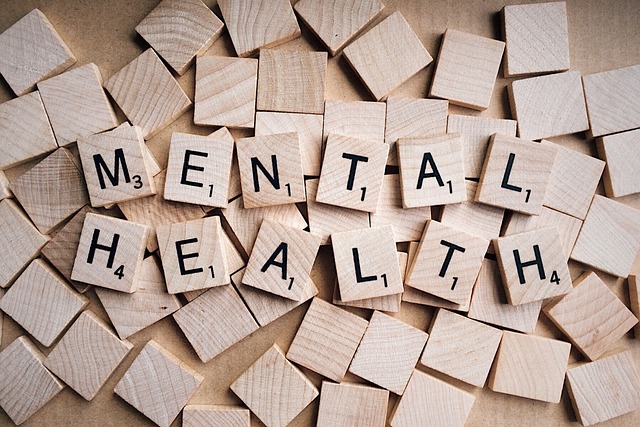Mental wellness self-assessment tools are crucial for identifying psychological challenges, especially among older adults with psychosis, enabling them to gain insights and access timely therapy. Integrated emotional intelligence training and user-friendly technology empower elders to manage symptoms and destigmatize mental health issues. Combining self-assessment with therapy offers comprehensive support, fostering strength and tailored coping mechanisms, and promoting active participation in recovery through community outreach and conflict resolution techniques.
Mental wellness self-assessment tools play a pivotal role in early detection and management of mental health issues, particularly among the elderly. This article explores the development and significance of such tools, focusing on strategies tailored for the unique challenges faced by older adults with psychosis. We delve into understanding the nuances of mental wellness assessment, discuss creating effective tools for this demographic, and emphasize the integration of therapy within self-assessment routines to foster optimal care for elders suffering from psychosis.
- Understanding Mental Wellness Self-Assessment Tools
- Developing Effective Tools for Elderly Psychosis
- Integrating Therapy and Self-Assessment for Optimal Care
Understanding Mental Wellness Self-Assessment Tools

Mental wellness self-assessment tools play a pivotal role in understanding and addressing an individual’s psychological state, especially for older adults facing challenges like psychosis. These tools are designed to provide a comprehensive evaluation of one’s mental health by offering insights into various aspects, such as emotional well-being, cognitive functions, and social interactions. By utilizing self-assessment techniques, elders can gain valuable perspectives on their mental wellness, enabling them to proactively seek therapy for elders psychosis or other related issues.
Emotional intelligence and social skills training are integral components of these assessments, focusing on the emotional healing processes essential for overall well-being. They help identify strengths and areas of improvement, allowing for tailored interventions. Through regular use, self-assessment tools can facilitate early detection of mental health deterioration, thereby promoting timely support and effective management of conditions like psychosis.
Developing Effective Tools for Elderly Psychosis

Developing effective self-assessment tools for elderly psychosis is a critical aspect of ensuring mental wellness in this demographic. As our aging population grows, it becomes increasingly important to tailor mental health support to meet their unique needs. Traditional therapy methods may not always be suitable or accessible for older adults, making innovative self-assessment tools crucial. These tools can offer guidance and crisis intervention, enabling individuals to take charge of their mental well-being.
Specialised assessment platforms can incorporate elements of technology, such as user-friendly apps or online resources, to engage elderly individuals in managing their psychosis symptoms. A Mental Wellness Podcast Series Production focused on this topic could provide valuable insights and education for both patients and caregivers. Additionally, these tools should aim to reduce the stigma associated with mental health issues, encouraging early intervention and preventing conditions like depression from escalating.
Integrating Therapy and Self-Assessment for Optimal Care

Integrating therapy with self-assessment forms an integral part of optimal mental wellness care, especially for elders experiencing psychosis. Therapy serves as a powerful tool to help individuals navigate their inner landscape, fostering inner strength development and coping mechanisms tailored to their unique needs. By combining these approaches, professionals can offer more comprehensive support.
Self-assessment tools can identify specific challenges, such as delusions or hallucinations, while therapy provides strategies for managing these symptoms. This integration allows for a personalized journey, empowering elders to take an active role in their recovery. Moreover, community outreach program implementation and conflict resolution techniques learned during therapy sessions can further enhance their ability to cope with daily stressors, thereby improving overall mental wellness outcomes.
Mental wellness self-assessment tools play a pivotal role in enhancing mental health care, especially for elderly individuals suffering from psychosis. By integrating these tools with tailored therapy for elders psychosis, we can achieve more comprehensive and effective treatment plans. The development of innovative assessment methods should focus on accessibility and adaptability to cater to diverse needs, ensuring optimal care and improved quality of life for this vulnerable demographic.
